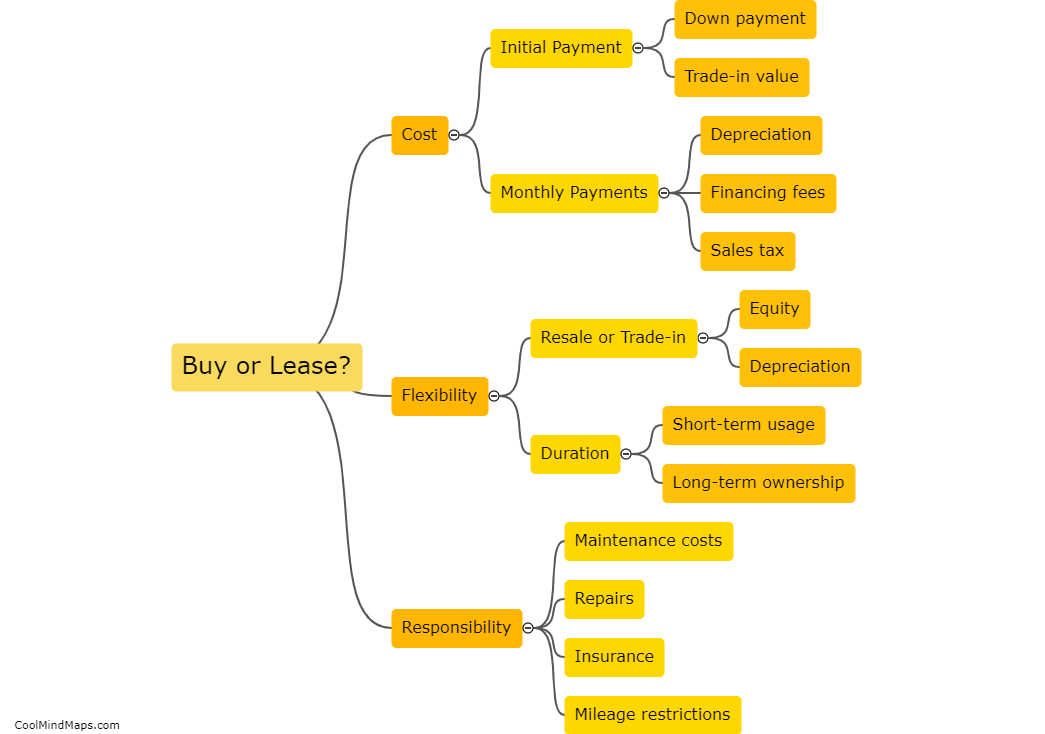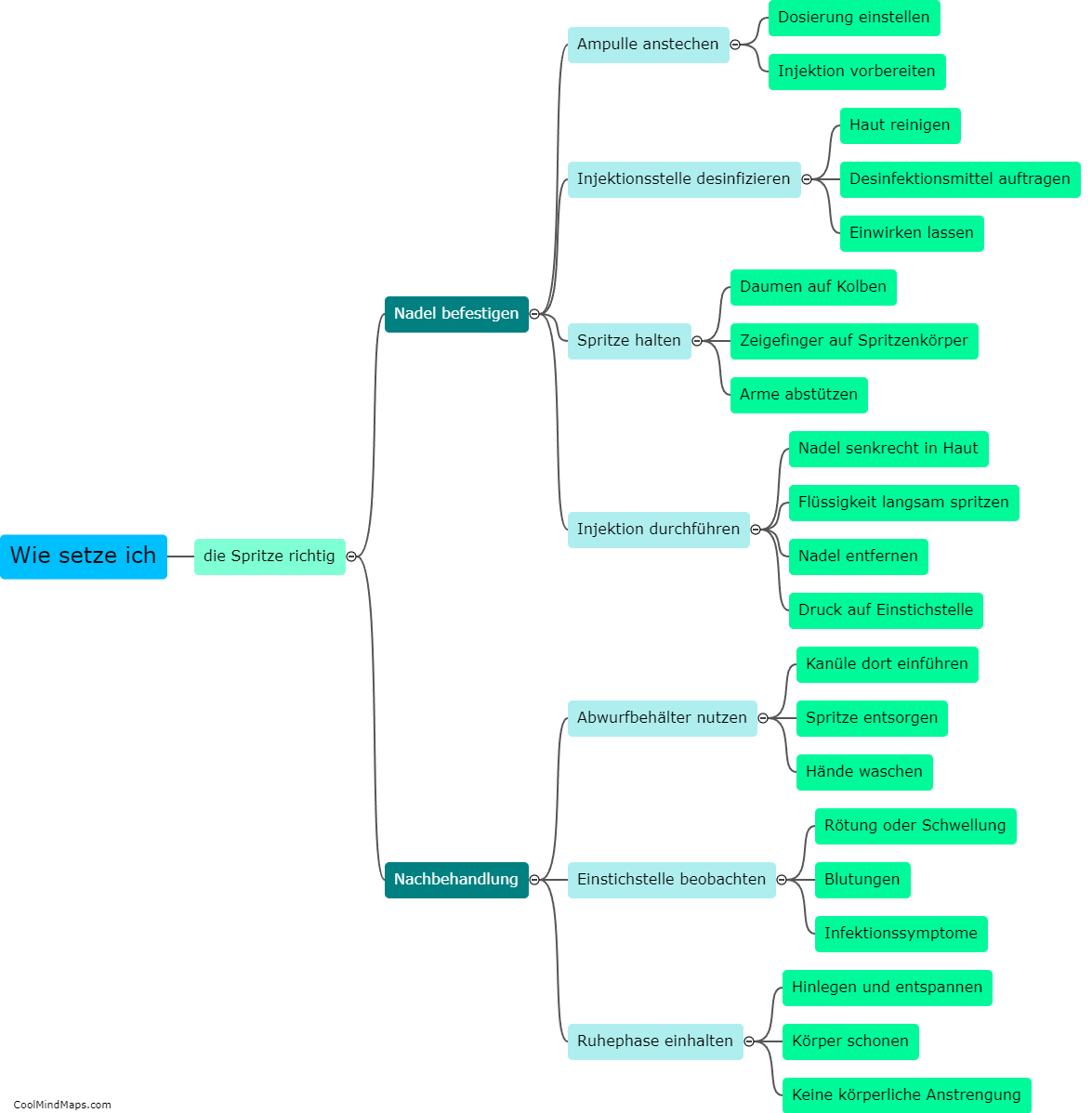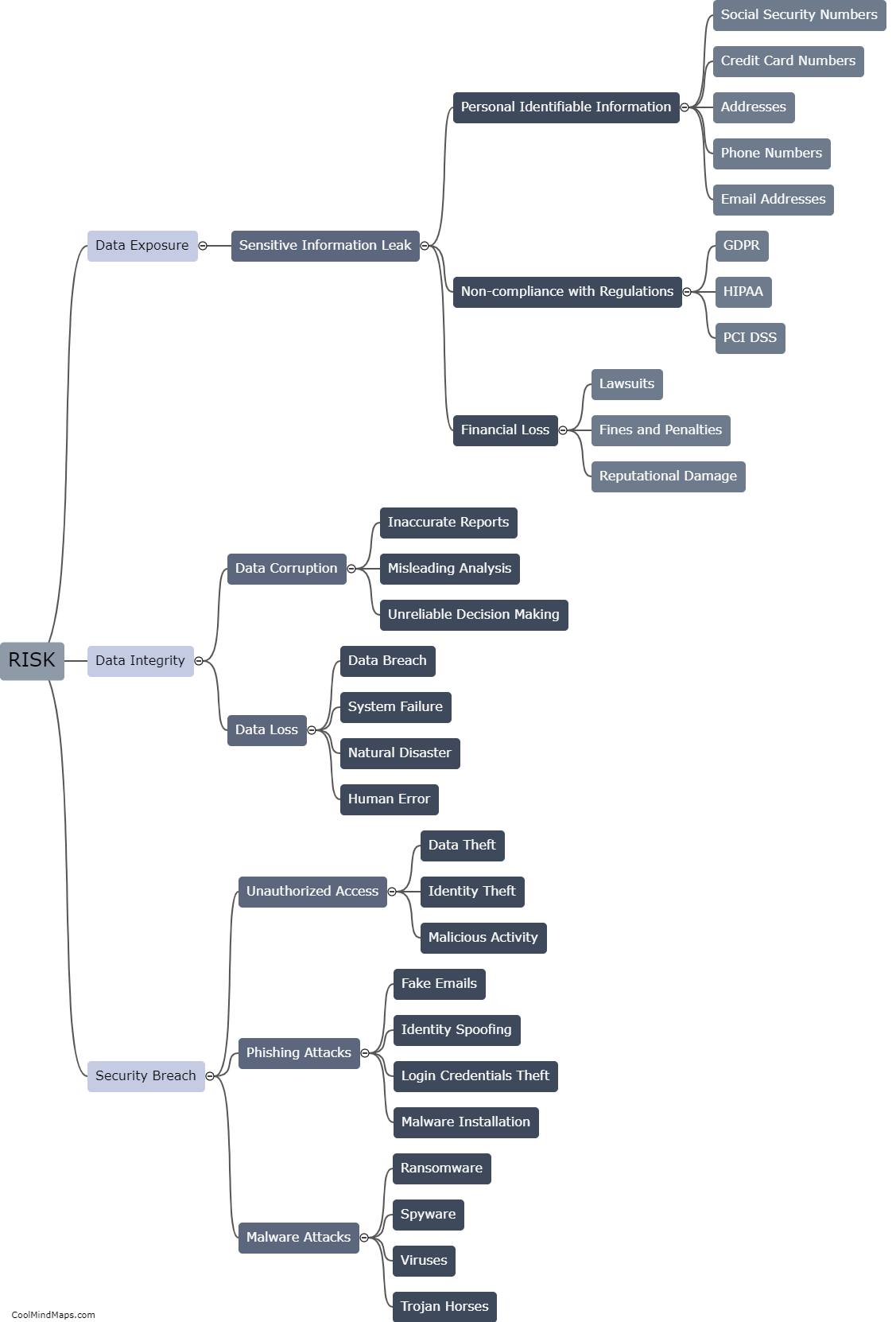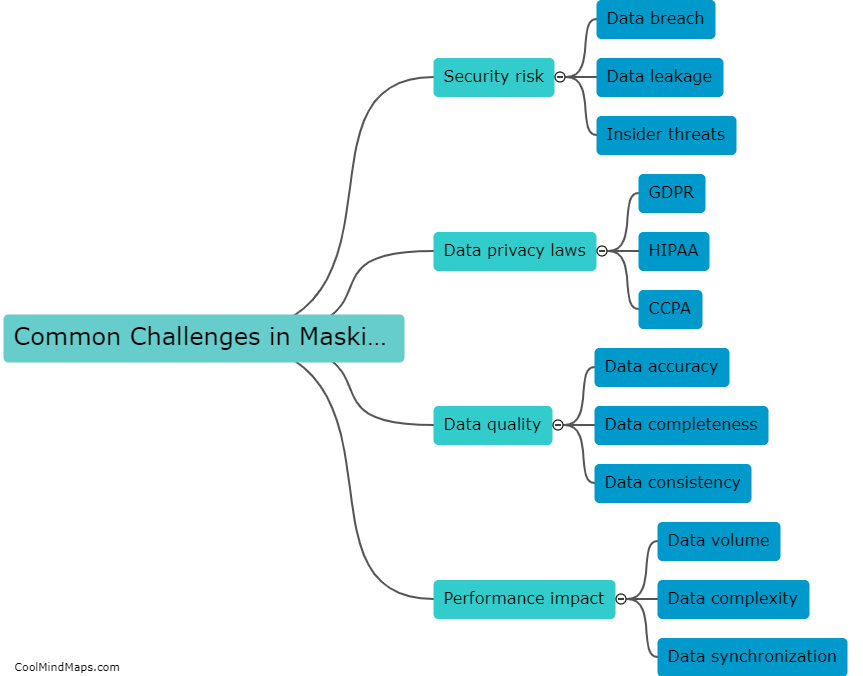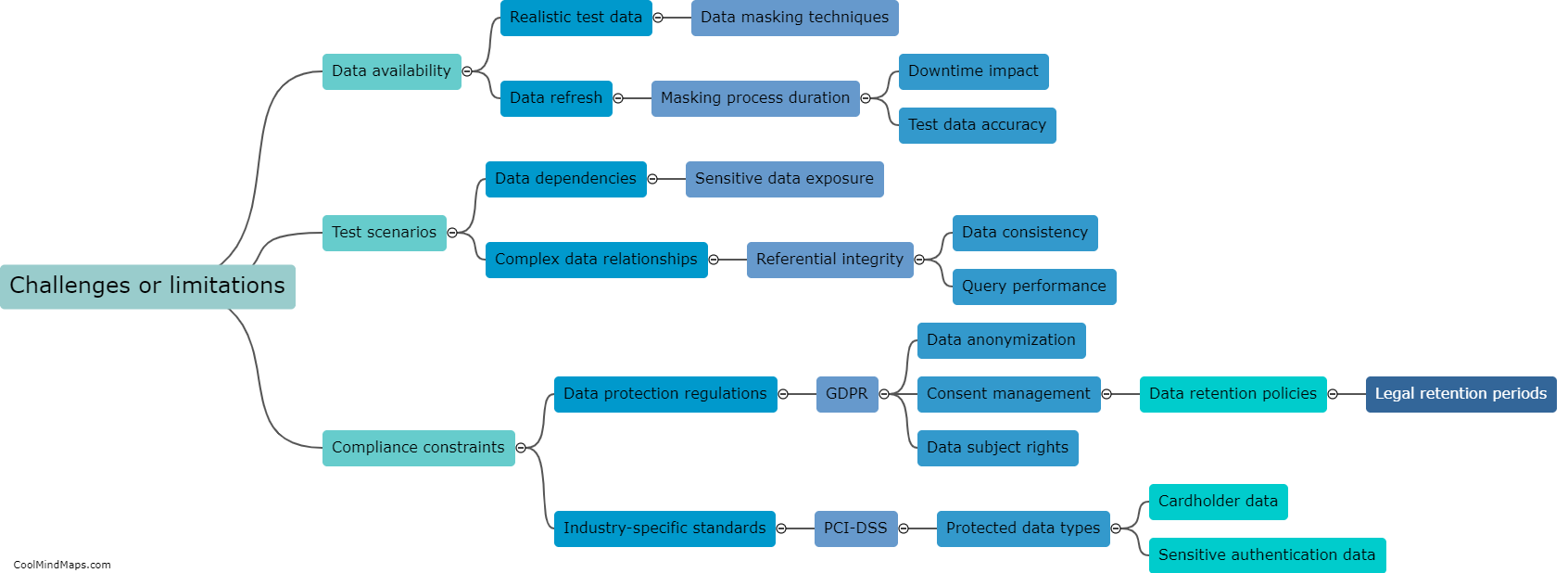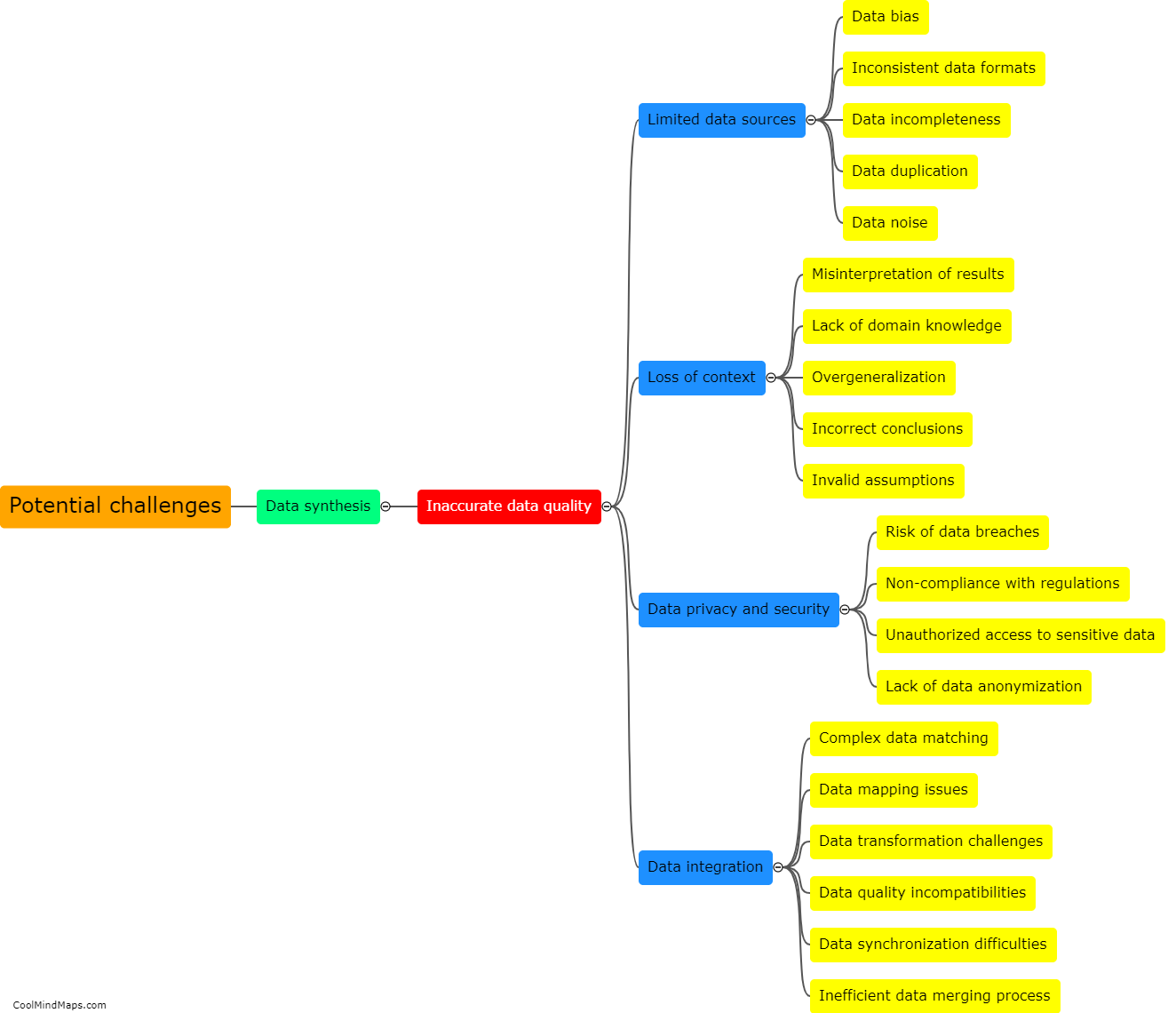What are the advantages of using masked production data in testing?
Using masked production data in testing offers several advantages. Firstly, it ensures the privacy and security of sensitive customer information by replacing real data with masked or anonymized data, reducing the risk of data breaches or misuse. This allows testing teams to accurately simulate real-world scenarios without compromising data protection regulations. Additionally, masked production data helps adhere to data residency requirements, especially in cases where testing is conducted in different geographic locations. It also aids in maintaining the scalability and performance of the testing environment, as masked data tends to have a smaller size, enhancing the efficiency of test execution and reducing resource consumption. Overall, masked production data is a valuable asset in testing, promoting privacy, compliance, and efficiency.
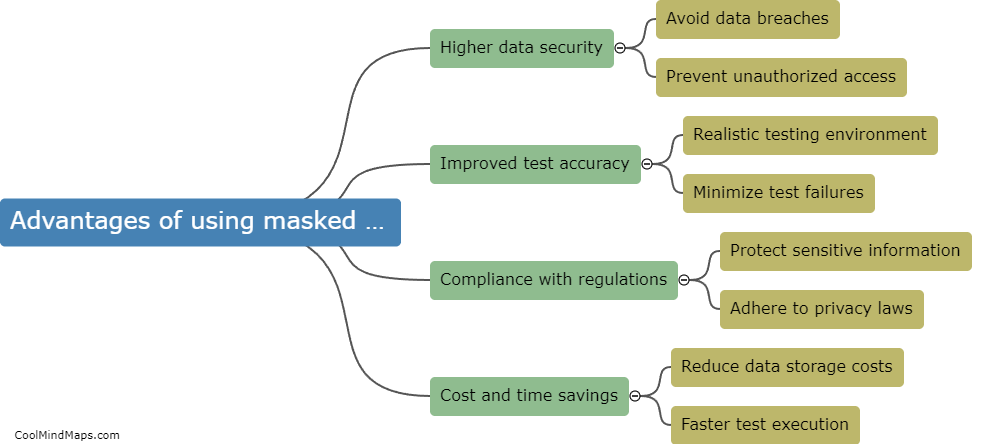
This mind map was published on 31 July 2023 and has been viewed 63 times.
